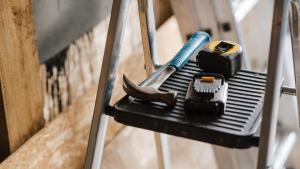The Scottish Government has released a consultation paper setting out proposals to reform domestic and non-domestic Energy Performance Certificates (EPCs).
EPCs provide properties with an energy efficiency rating and communicate to households and building owners the performance of their building.
Targets have been proposed for all actively privately rented homes to have an EPC rating of C by 2028, with owner-occupied homes needing to reach the same rating by 2033. There has been a significant lack of clarity over EPCs and the changes that can be made to properties to reach these ratings.
The current metrics used to provide EPCs are considered inappropriate for rating homes that are attempting to improve their energy efficiency through measures such as installing zero direct emissions heating systems, such as heat pumps. This is because the main efficiency rating of the current EPCs is based on modelled running cost. Consequently, this encourages the use of gas heating systems rather than zero direct emissions heating systems which typically use electricity.
Transitioning to zero direct emissions heating systems, such as heat pumps and heat networks, and improving the energy performance of homes in Scotland is a key part of the Scottish Government’s plans to reach net zero. Therefore, in order to have an accurate benchmark, EPCs are being updated to reflect the energy efficiency performance of homes and buildings that use heating systems in line with net zero targets.
Additionally, the proposed EPC reform will provide more information on the fabric efficiency of buildings and are intended to be more user friendly, so that homeowners can better understand how they can improve the energy efficiency of their homes.
Read more about the consultation on the Scottish Government’s website.







